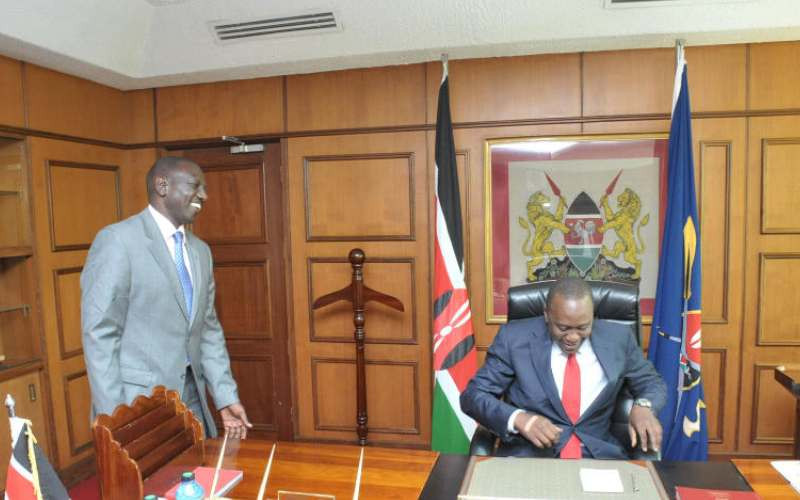
To slap someone is to hit them with the palm of one’s hand. In most parts of the world, this physical contact across another person’s face or other parts of their body makes the act assault. This is certainly so if there is force in the slap.
Former Laikipia North MP Mathew Lempurkel found out, the hard way, how grave Kenyan law considers slapping to be. According to court papers, he “willfully and unlawfully assaulted Sarah Korere by slapping her on her left cheek.” For that, he was jailed for one year without the option of a fine.